Californians are shocked after Governor Gavin Newsom changed the restaurant “junk fee” ban that was passed last year.
This sudden change on the governor’s part comes as a surprise to many, especially as the bill was widely supported when it was introduced last year. This change by Newsom also comes at the very last minute.
Eliminating Hidden Surcharges

Last year, the California legislature got to work on finally eliminating hidden surcharges, also frequently called “junk fees”.
These hidden fees are added to the bill before a customer pays. However, these customers often don’t even realize these fees are added, as they’re not stated upfront, until right when they’re paying.
Customers Hate Junk Fees

Needless to say, many customers around California — and the entire country — have grown to hate these hidden surcharges, as they’re unaware that establishments will even add these fees until the very end.
For example, a diner at a restaurant may think they know what they’re going to spend when they eat out at a particular restaurant. However, they can quickly grow surprised when their bill increases upon paying, simply because of these hidden surcharges.
Why Establishments Use Junk Fees

Even though these hidden surcharges are despised by many customers, various establishments use them. Restaurants and hotels are two examples of places that often resort to using a hidden fee.
According to restaurant owners, they have to use these junk fees in order to keep their overall prices down in California.
Keeping Menu Prices Low
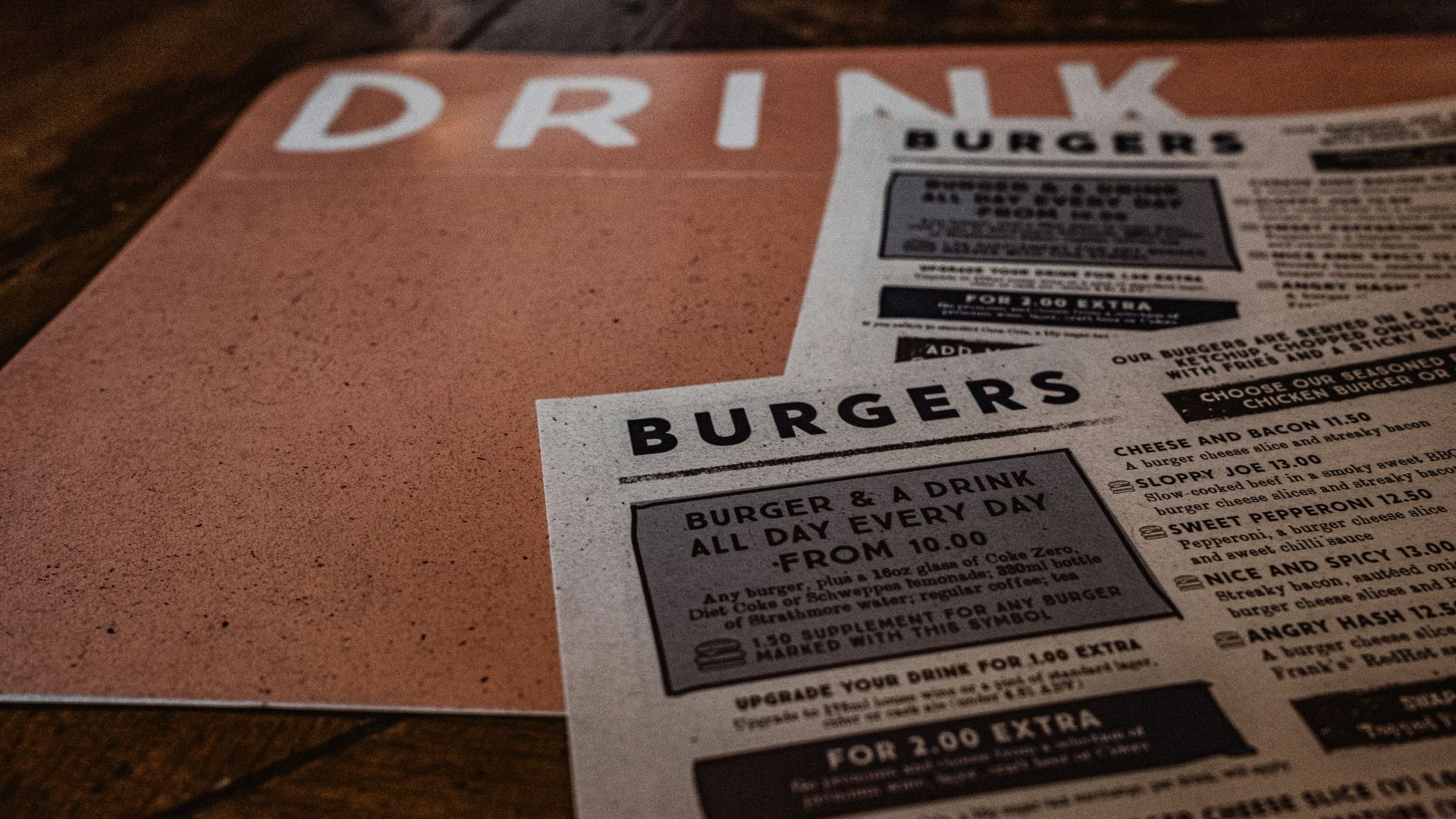
These restaurants have claimed that adding hidden surcharges allows them to keep their menu prices low.
Prices at restaurants have skyrocketed in the last few years in the nation, thanks to a prolonged period of high inflation. However, California has also seen menu prices rise alongside minimum wage increases.
Hidden Surcharge Methods
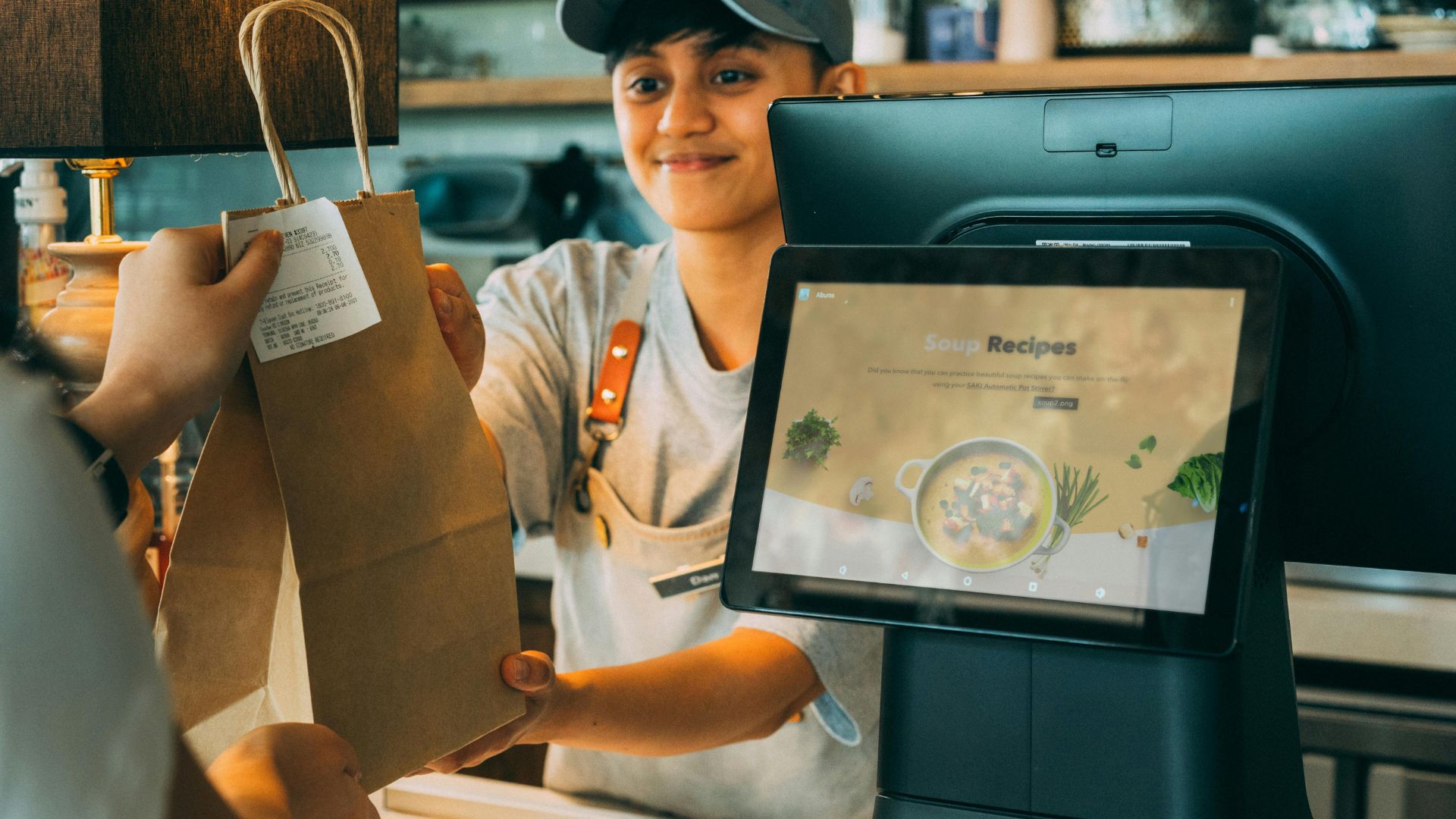
There are various ways restaurants and establishments have added junk fees to customer bills in the past few years.
Some restaurants just outright add a fee to each customer’s bill. Others only have surcharges attached to certain services. For example, some restaurants may only use hidden fees on takeout orders.
Customers Want Junk Fees to Stop

In response to restaurant owners who have claimed that these hidden fees are to keep menu prices low, customers have responded that they would rather have higher menu prices than these secret surcharges.
At least in this way, customers would know exactly how much they’re going to be spending at a restaurant ahead of time — rather than being surprised at the end of their meal.
A Sudden Change on a Popular Bill
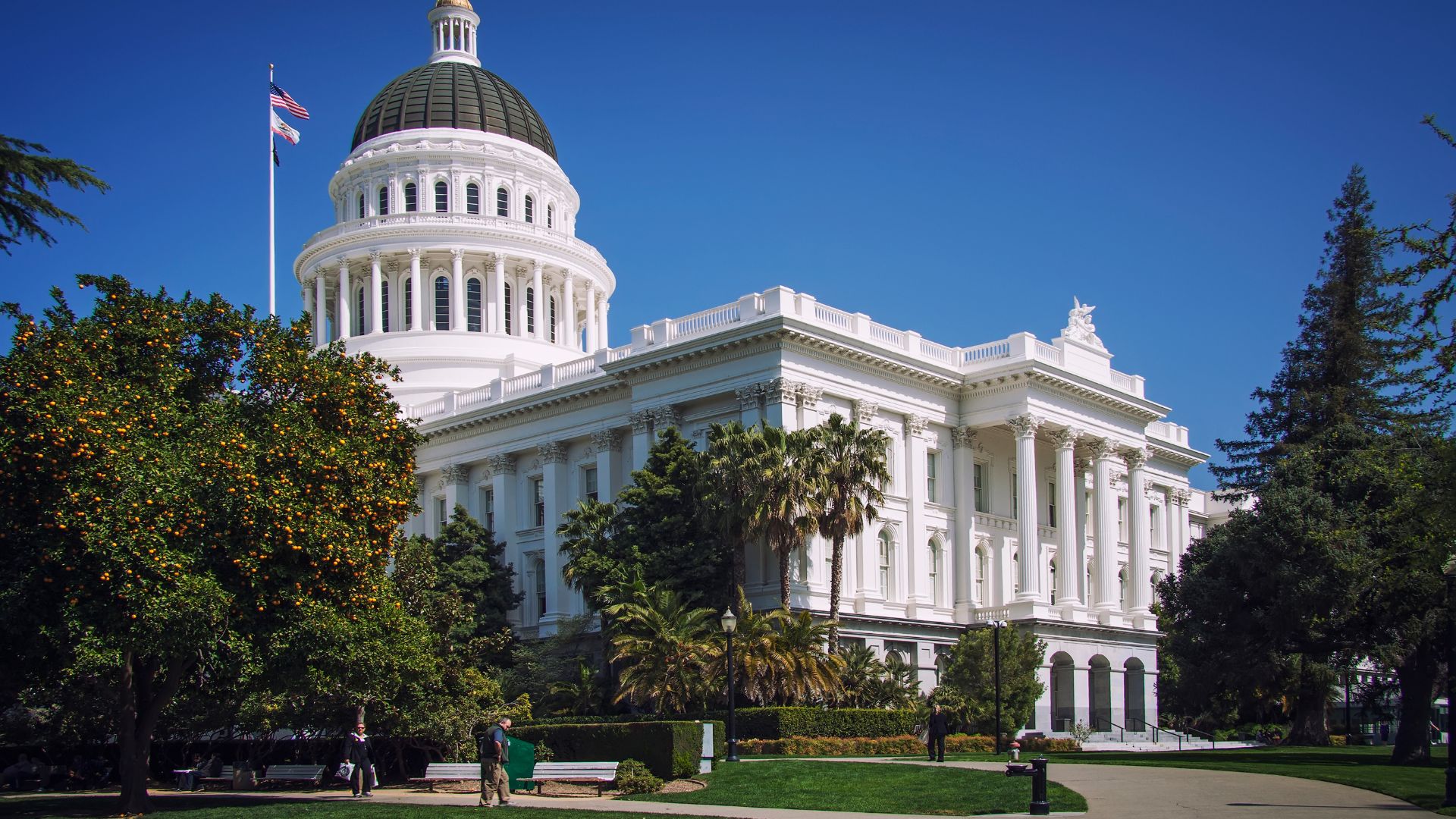
This widely popular bill — which bans specifically “hidden” fees — was passed by California last year. It has officially gone into effect on July 1.
However, many supporters of this bill were left stunned when they realized that Newsom had made a last-minute change to the law. Now, restaurants can be exempt from this ban.
Restaurants Can Still Use Junk Fees

According to this new change in the bill, restaurants can still use hidden junk fees as they deem fit. Other establishments, meanwhile, will not be able to do the same.
So, while restaurants can use these hidden surcharges, hotels, food delivery apps, event venues, and other establishments cannot.
A Push for Transparency
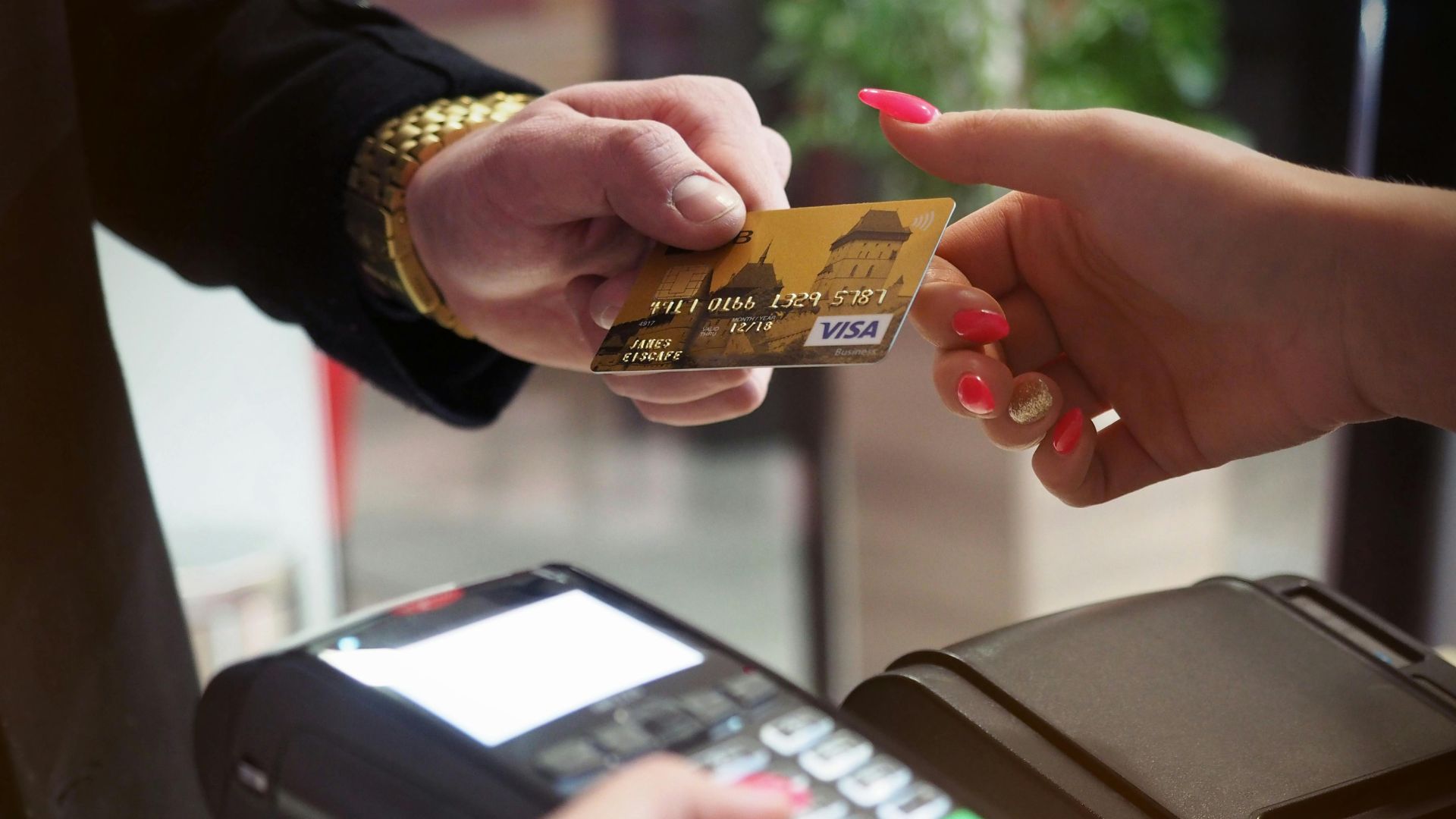
While this bill has often been called a junk fee ban, the law doesn’t actually illegalize adding fees to goods or services.
Instead, the law bans the use of “hidden” fees. Therefore, any added fee or surcharge must be clearly stated to all customers in California. Customers must be well aware of these fees immediately.
Confusion Remains
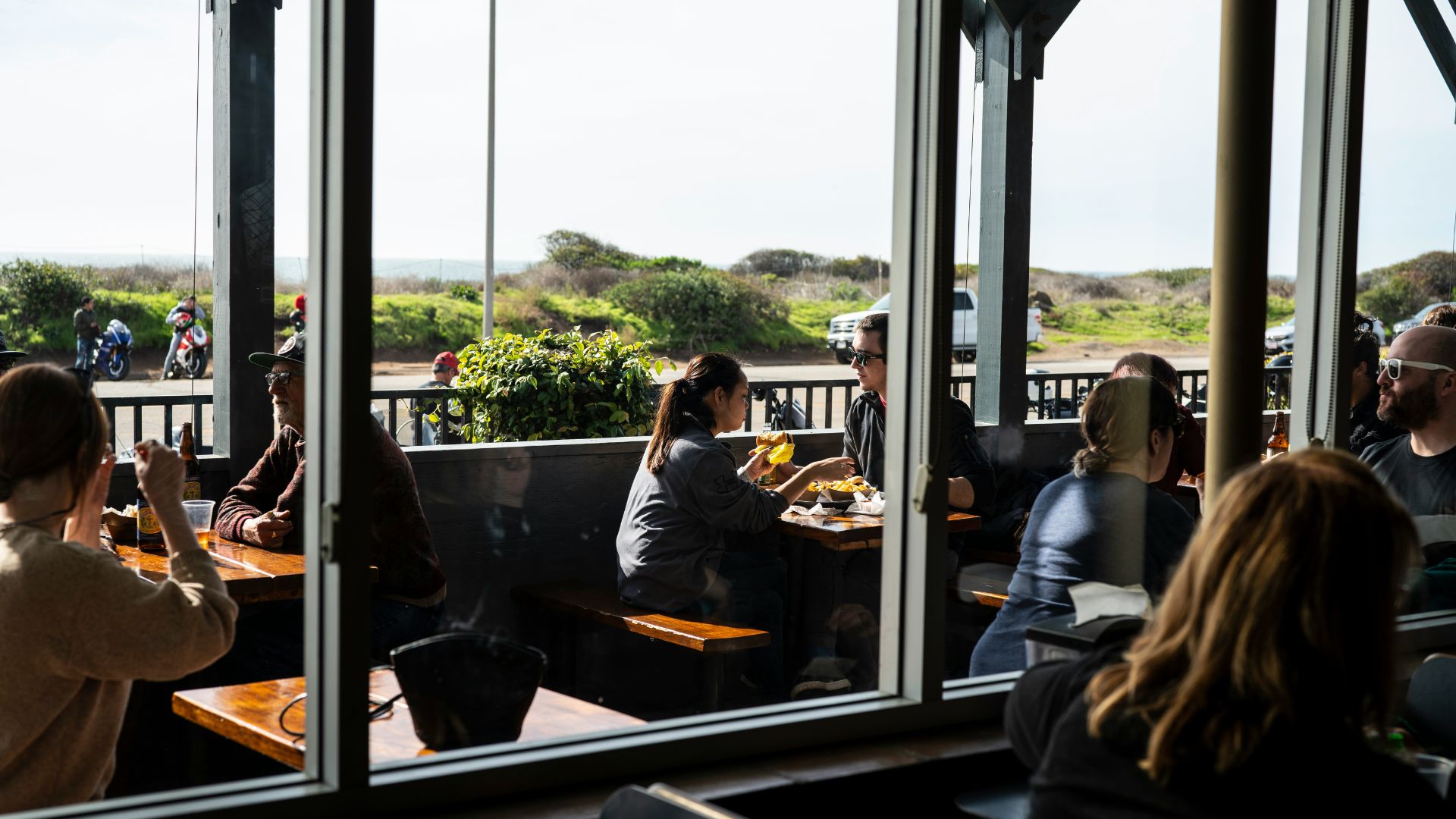
Many remain confused about this new law that has just gone into effect, especially regarding this restaurant exemption that Newsom has allowed.
Some wonder if this means that restaurants can fully use hidden fees, as they have been. If this is true, then restaurants will be fully exempt from this law, and they can continue to add hidden costs to unknowing customers’ bills.
The Fight Against Junk Fees
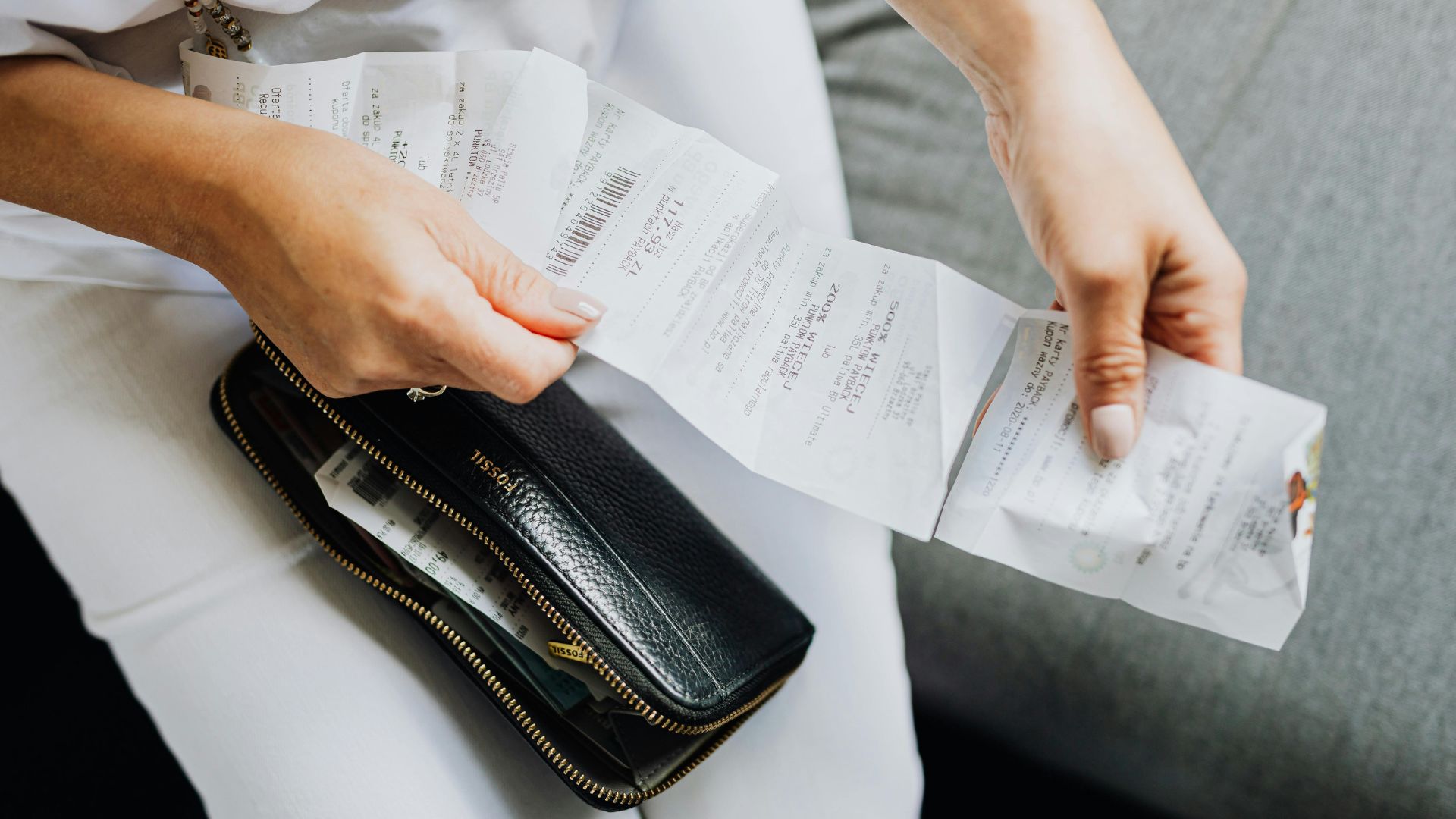
California isn’t the only state that has made moves to eliminate hidden fees. Many other states such as New York and Minnesota have also worked to ban these secret surcharges from various establishments.
Meanwhile, President Joe Biden has shown support for putting a national ban on these hidden junk fees. Though he has supported this policy, there has yet to be any actual national movement to get this done.
Rising Prices

Certain areas in the restaurant industry like fast food have recently seen menu price hikes, especially in California.
A FinanceBuzz Analysis in May found that fast-food menu prices have increased by double the rate of US inflation since 2014.
Fed Up With Prices
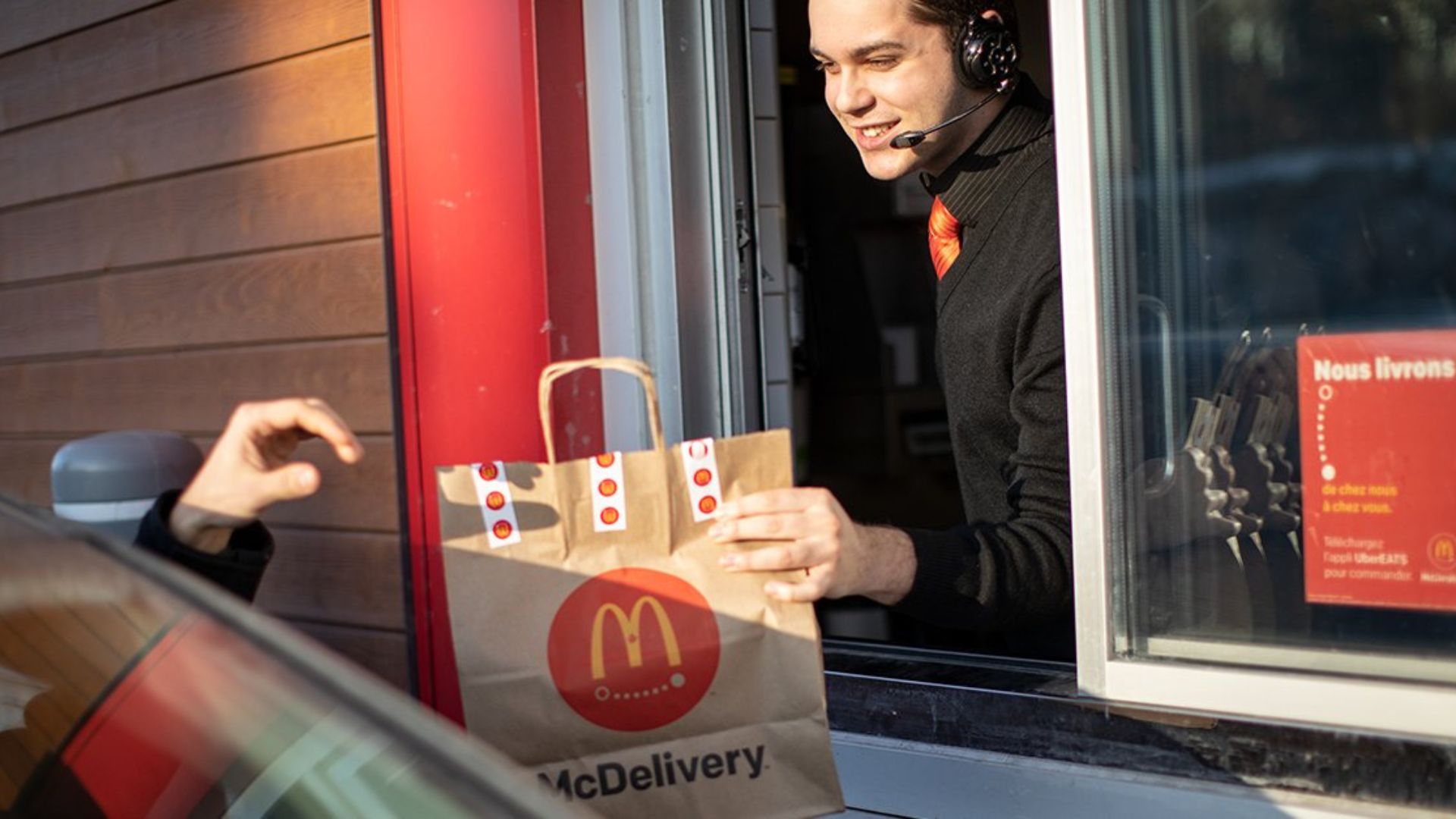
Traditional restaurant customers are fed up with rising costs and hidden fees and have reportedly been opting to eat more at home as frustration builds.
A Vericast Restaurant report in May found that 67% of survey respondents think that the cost of dining is too expensive.
Groceries Versus Restaurants
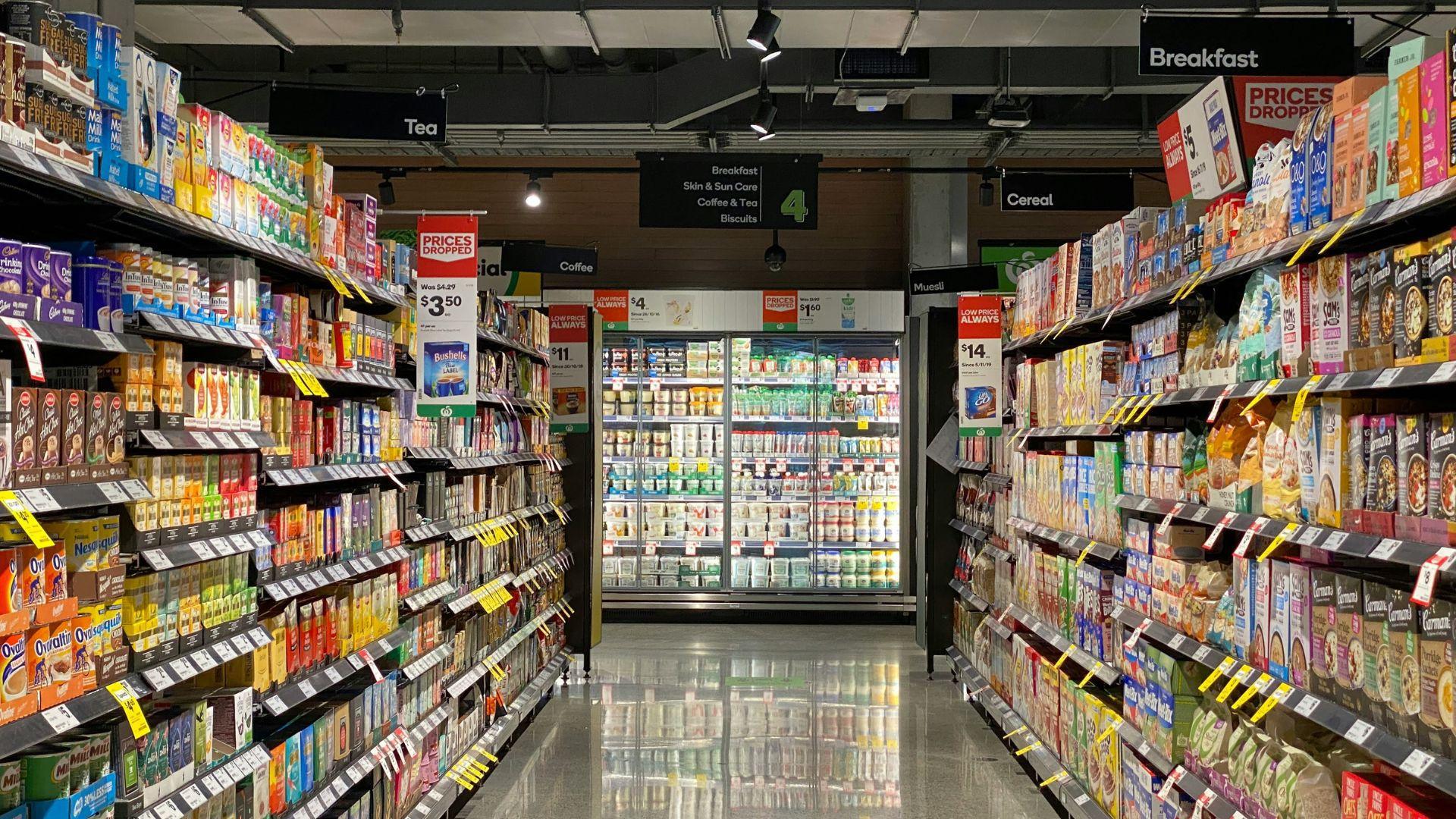
At grocery stores, people are finding more relief over sticker shock than with dining out and fast-food eateries.
Restaurant prices are rising by over 5% annually, which is much higher than grocery prices at 1.2%.
Testing the Limits

Dana Baggett, executive director of the Restaurant Division at Vericast explained that there has been a decrease in customers eating out, especially those without high incomes.
“The steadily increasing cost of dining out is testing the limits of what consumers can and will spend,” said Baggett. “There’s a noticeable decrease in consumers dining out, especially with consumers that have a household income under $75,000.”
Calfornia Problems
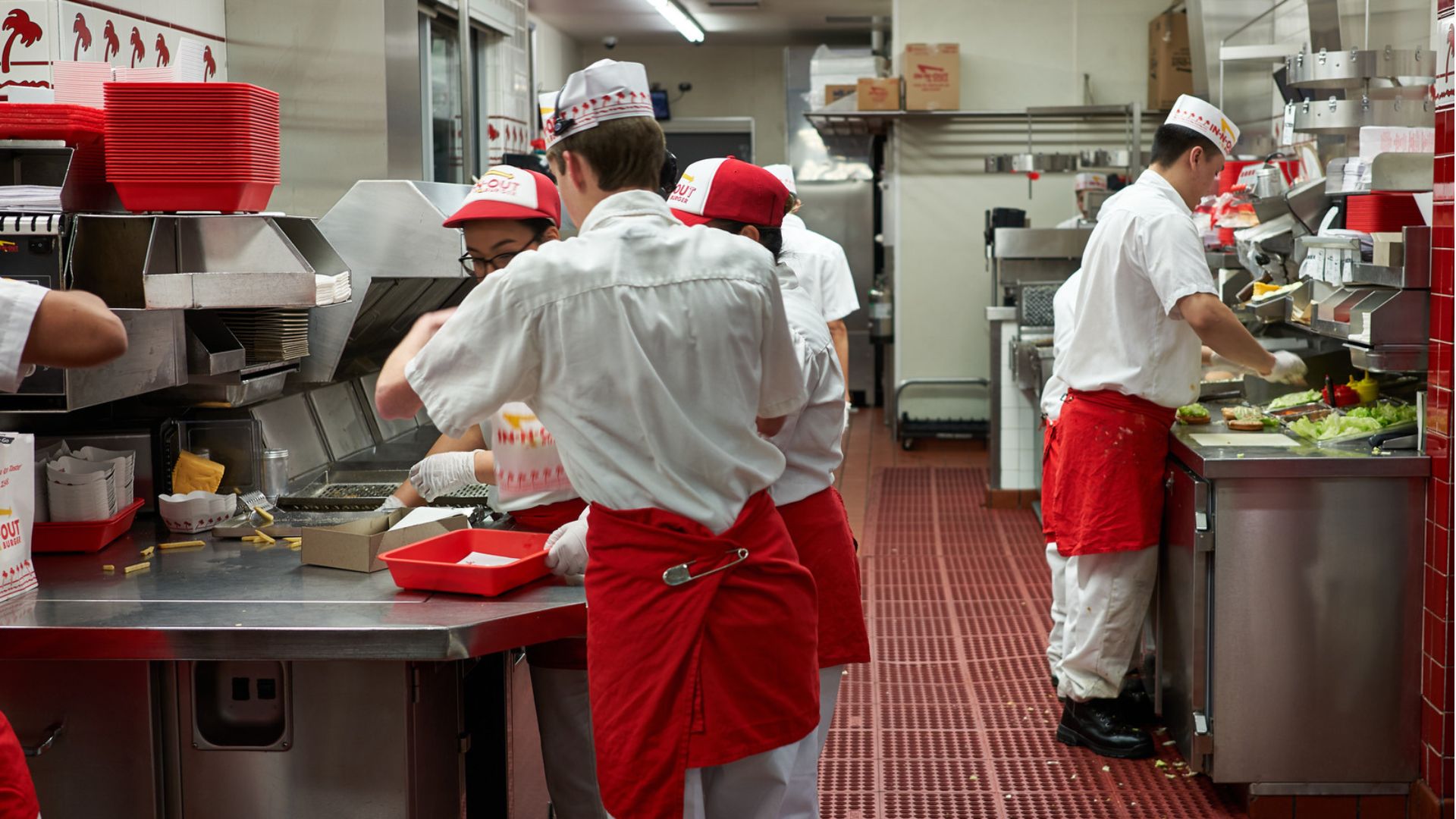
While the country on average is experiencing dining out and restaurant fatigue, the problem feels particularly pronounced in California.
A recent minimum wage increase to $20 for fast-food workers caused menu prices to rise by as much as 8% according to a Kalinowski Equity Research report that compared the prices of 25 restaurants.
Attacking Newsom
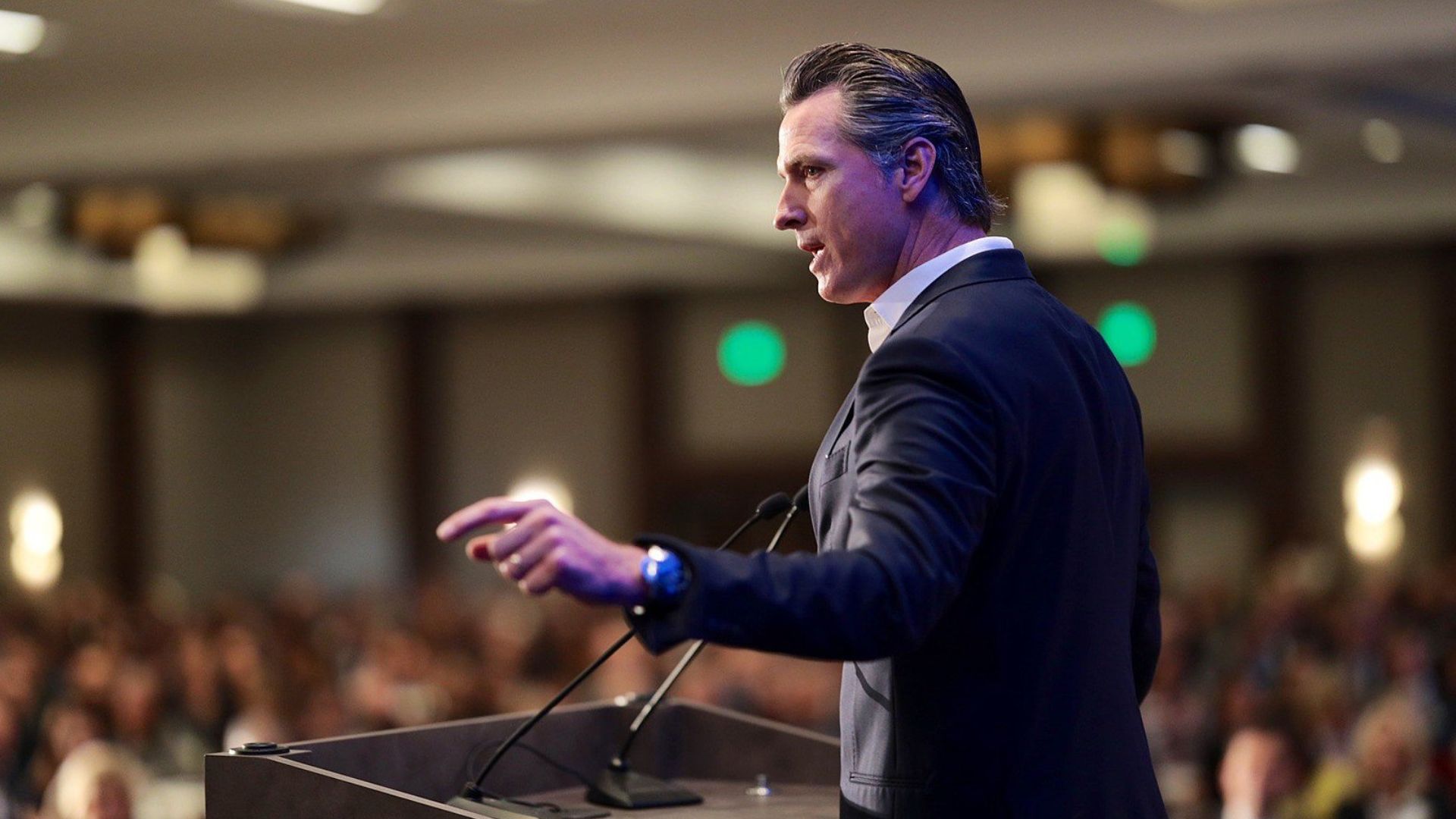
Some are accusing Governor Newsom of impure motives for excluding restaurants from the junk fees ban given that he partially owns a restaurant in the state.
Newsom’s restaurant is also reportedly exempt from the new state law that requires $20 per hour for fast-food workers.
Newsom Defends California’s Decisions
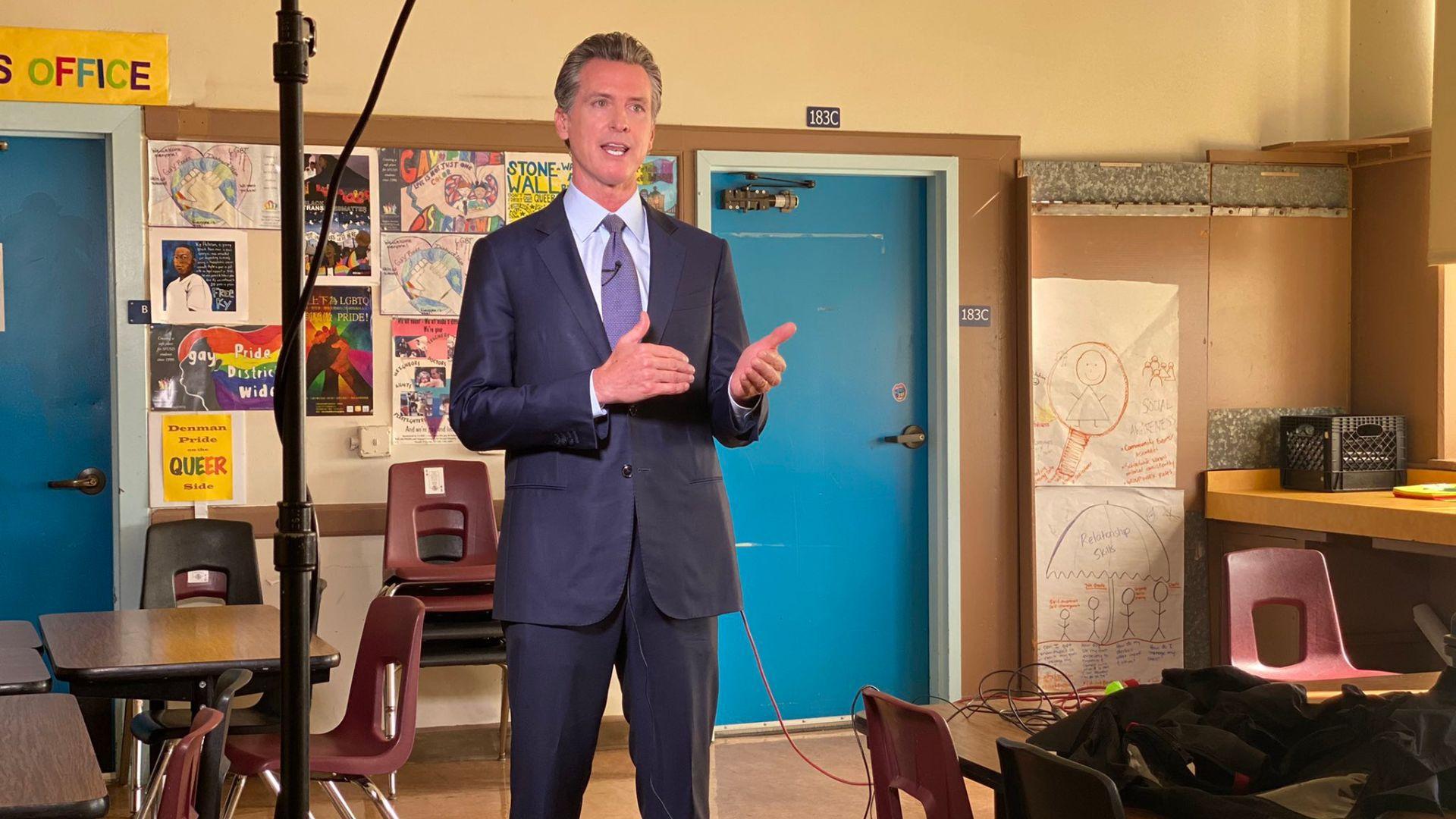
Newsom has defended himself against criticism of his policies, and extolling the virtues of the progressive values that voters chose him to enact.
“Here is a simple question for Republicans: If California is a failed state, why are four of the seven most valuable companies in the world based here?” Newsom said during his State of the State speech.
California Inflation

Hidden fees aren’t the only cause of financial stress for California customers as the state deals with the compounding effects of inflation.
While inflation levels for much of the country have gone down in recent years, CalMatters reported in March that California’s inflation remains higher than before the pandemic began.
Inflation Climbing

Consumer Price Index data shows that in some California cities, inflation is still on the rise.
In Los Angeles, prices rose by 4% year over year, which affects what customers pay for things like food, rent, and car payments.
Online Disagreement
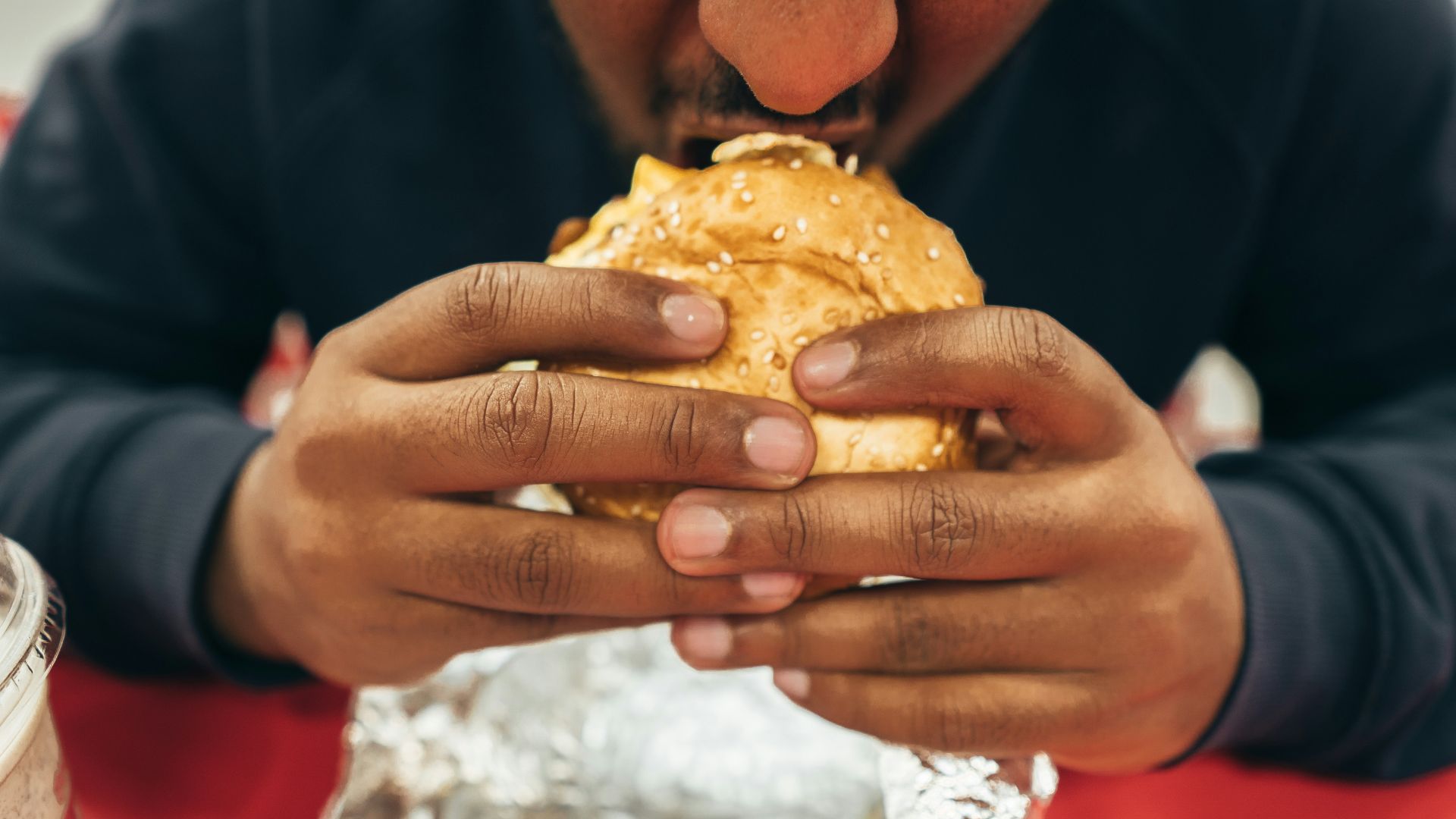
Many commenters online expressed disagreement with the last-minute decision to gut the junk fee ban on food businesses like restaurants.
“The California State Senate just unanimously gutted its ban on hidden junk fees for restaurants, fast food chains, grocery stores, grocery delivery services, caterers, bars, and food concessions. This is a horribly unpopular move, with 83% of Californians in opposition,” said X user Lee Hepner.
Manipulating the Customer
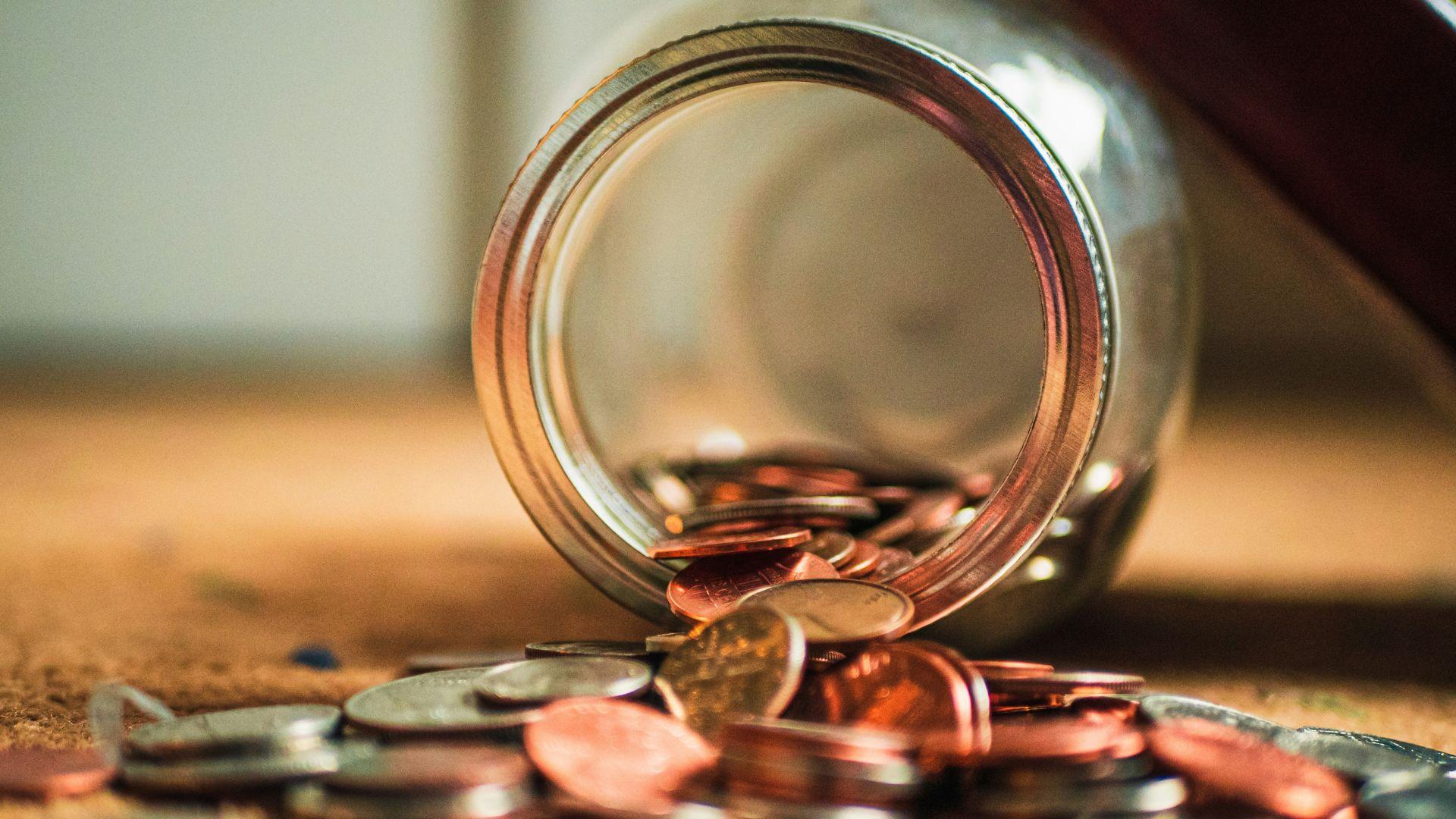
Some online expressed the idea that hidden fees are only there to manipulate the customer into paying more.
“One of the first laws they made here that I’ve liked and they immediately reverse it :/. Restaurants should stop trying to manipulate the customer, include it in the price,” said an X user.
Struggling Restaurants

Others expressed sympathy for struggling restaurants who are under pressure to make ends meet in light of increased labor costs and the effects of recent high inflation that drove prices up.
“I’m really torn about this new bill. On one hand, I get that some restaurants are struggling to make ends meet with the current state of the junk fee ban. But on the other hand, I don’t want to see a reversal of progress made towards reducing waste and promoting sustainability,” said one X user.
